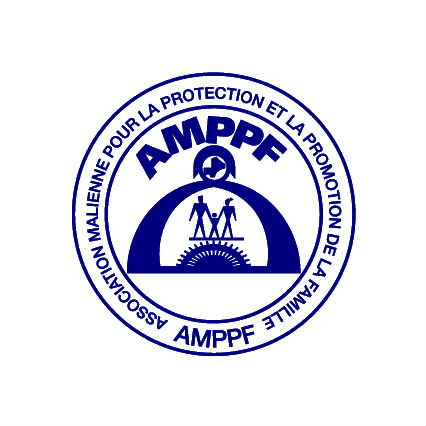

| 31 March 2016
Family Planning Association of Nepal
Established in 1959, the Family Planning Association of Nepal (FPAN) first joined IPPF in 1960 and become a full Member Association in 1969. When it was established, the idea of family planning was considered inimical to religious, cultural and social norms. With the institution of a government Maternal and Child Health Division in 1969, FPAN began to supplement and complement the national health and population programmes. Target populations include injecting drug users (IDUs), lesbian, gay, bi-sexual, trans-sexual and intersex (LGBTI) individuals, people living with HIV (PLHIV), survivors of gender-based violence (GBV) and trafficked returnees and refugees. FPAN serves these populations through an extensive network of 2,750 service points, comprising 127 static clinics, 116 mobile facilities, 184 associated clinics, 543 other agencies, and over 2,000 community-based distributors/services (CBDs/CBSs). Key areas of emphasis include adolescents' sexual and reproductive health, HIV and AIDS prevention and treatment, safe abortion, advocacy for sexual and reproductive health and rights (SRHR), the prevention of gender-based violence (GBV) and support for its victims, and the promotion of access to sexual and reproductive health (SRH) information and services to marginalized and under-served groups. With the dedicated backing of 450 full-time professional staff, 1000 community counsellors, 4000 peer educators and 11,000 grassroots volunteers, FPAN has the capacity to mobilize on a large scale, and with the support of over 20 governmental departments, non-governmental organizations (NGOs) and foundations, it has a secure funding base to maintain and expand its comprehensive programme of activities. Contacts Website: www.fpan.org

| 31 March 2016
Association Malienne pour la Protection et la Promotion de la Famille
The Association Malienne pour la Protection et la Promotion de la Famille (AMPPF) was established in 1972 to tackle the family planning challenges facing the Malian people. It rapidly expanded its activity and remit to embrace sexual and reproductive health (SRH) counselling; neonatal, gynaecological, post-natal and post-abortion care; and prevention and management of HIV and AIDS, particularly voluntary counselling and testing (VCT). These figures were achieved through the strategic and focused management of a strong team which has the capacity to reach out to diverse communities across the country. AMPPF has hundreds of volunteers, a strong youth action movement and hundreds of peer educators and community-based distributors. AMPPF is actively engaged with the planning, health, youth and family departments of the Malian government. It has strong ties with non-governmental organizations (NGOs) including Population Service International (PSI), the Conseil de Concertation et d'Appui aux ONGs, the Federation Nationale des Associations de Santé Communautaire au Mali (FENASCOM), the Association de Recherche, de Communication et d'Accompagnement à Domicile des Personnes vivant avec le VIH/SIDA (ARCAD), and SIDA. Major donors include WHO, USAID and UNFPA.







